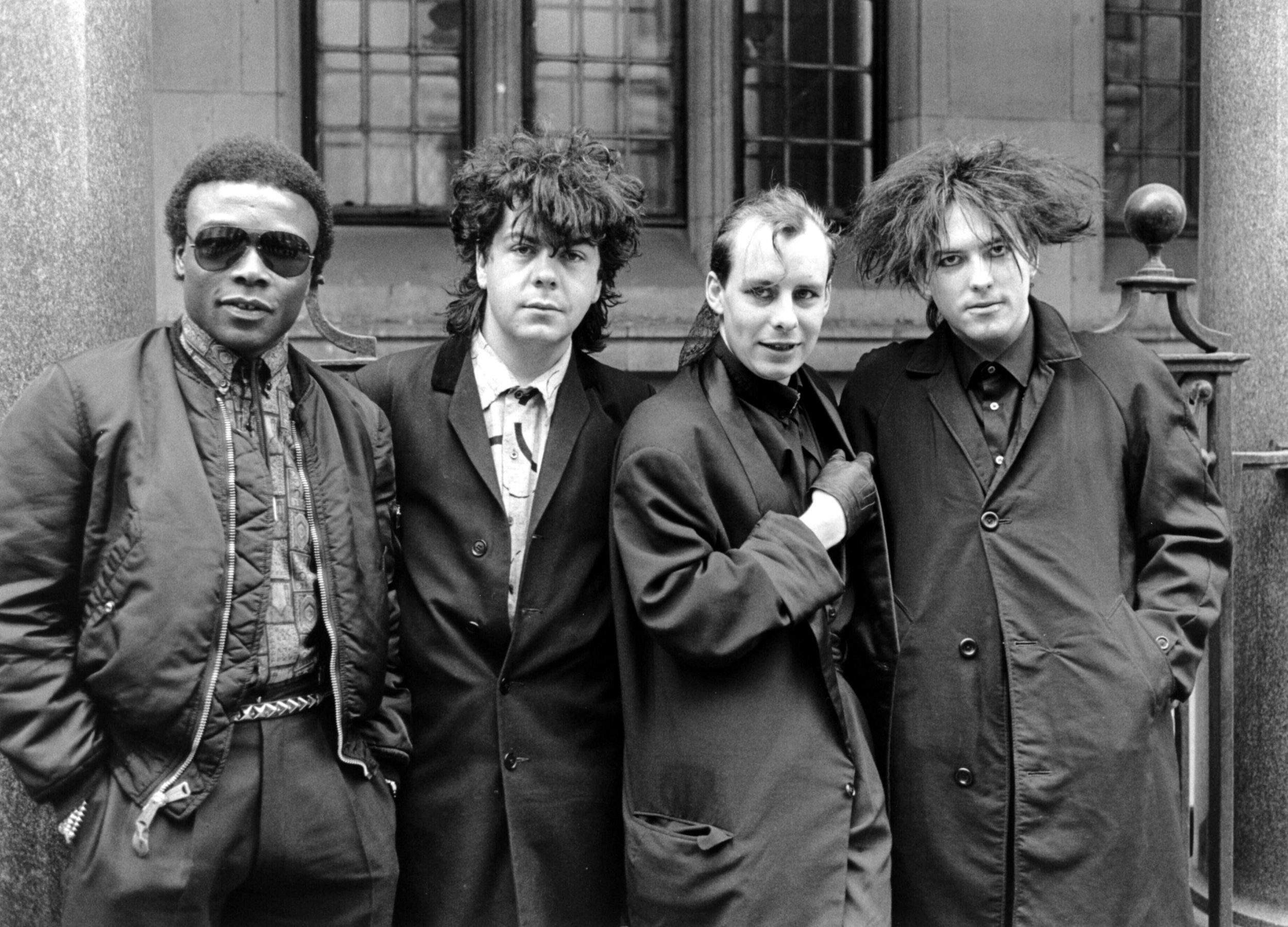Andy Anderson death: Former drummer for The Cure and Iggy Pop dies, aged 68
Musician had a long and successful career as a session musician

Andy Anderson, the drummer who performed with the likes of The Cure and Iggy Pop, has died aged 68.
Just last week, the musician had revealed to fans on Facebook that he had been diagnosed with terminal cancer.
"No boo-hooing here, just be positive," he wrote. "For me, it's just another life experience and hurdle, that one has to make, yet another choice in life. Be cool, I most definitely am and positive about the situation."
Anderson reportedly died at home, surrounded by friends and loved ones.
News of Anderson's death was announced by his former bandmate and founder member of The Cure, Lol Tolhurst, who wrote on Twitter: "Andy Anderson was a true gentleman and a great musician with a wicked sense of humour, which he kept until the end, a testament to his beautiful spirit on the last journey. We are blessed to have known him."
Anderson was born Clifford Leon Anderson in London. He joined The Cure in 1983 after Tolhurst, the band's original drummer, switched to keys.
His first contributions were made on two cuts from the band's '83 singles collection Japanese Whispers: "Speak My Language" and "The Love Cats", the latter of which became The Cure's first top 10 hit in the UK. The first album he featured on was The Top, released in 1984.
After his stint with The Cure, Anderson embarked on a successful career as a session musician, which saw him work with numerous artists including Iggy Pop, Isaac Hayes, Jeffrey Lee Pierce, the Sex Pistols' Glen Mattlock and Peter Gabriel.
Join our commenting forum
Join thought-provoking conversations, follow other Independent readers and see their replies
Comments
Bookmark popover
Removed from bookmarks